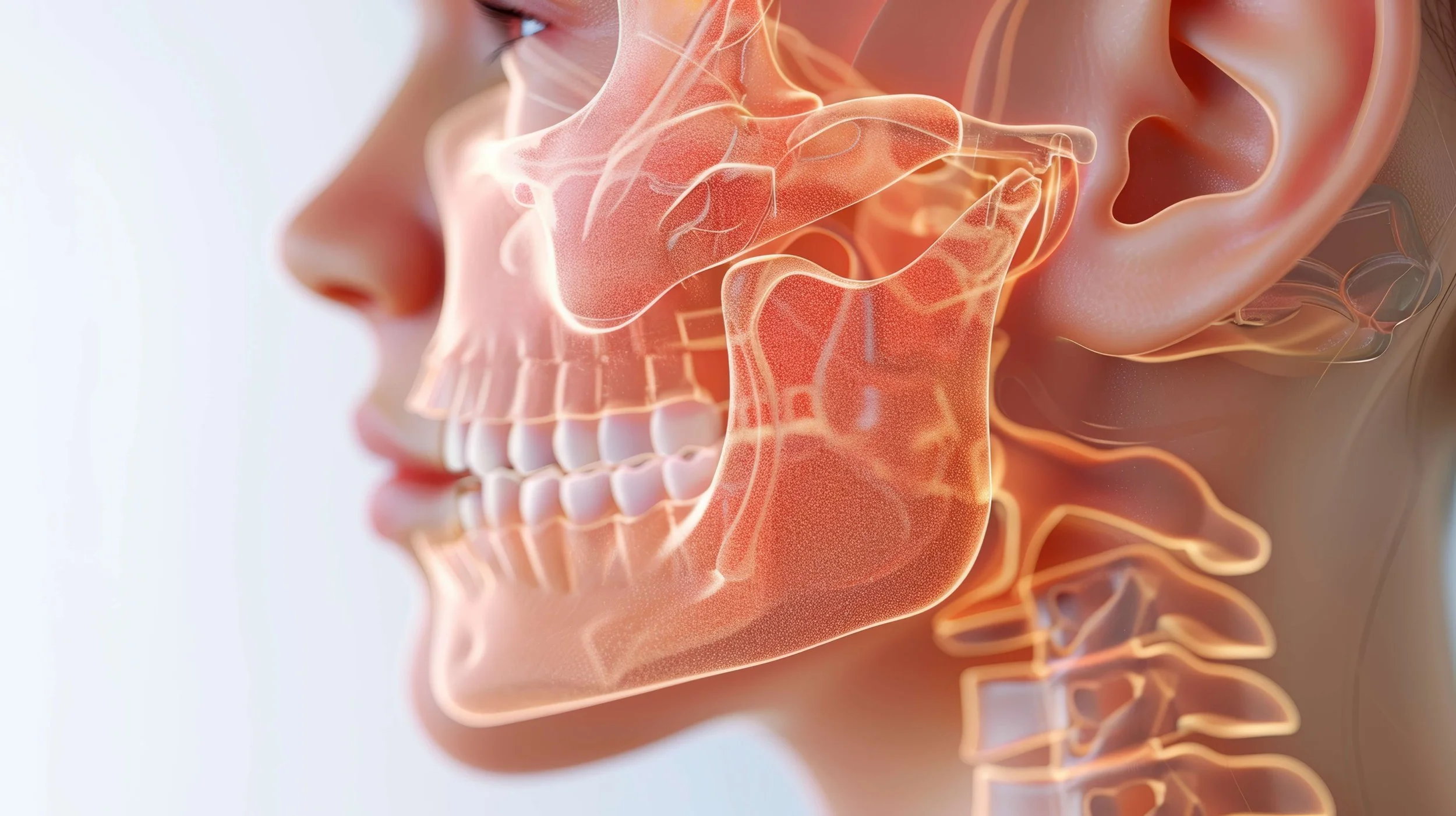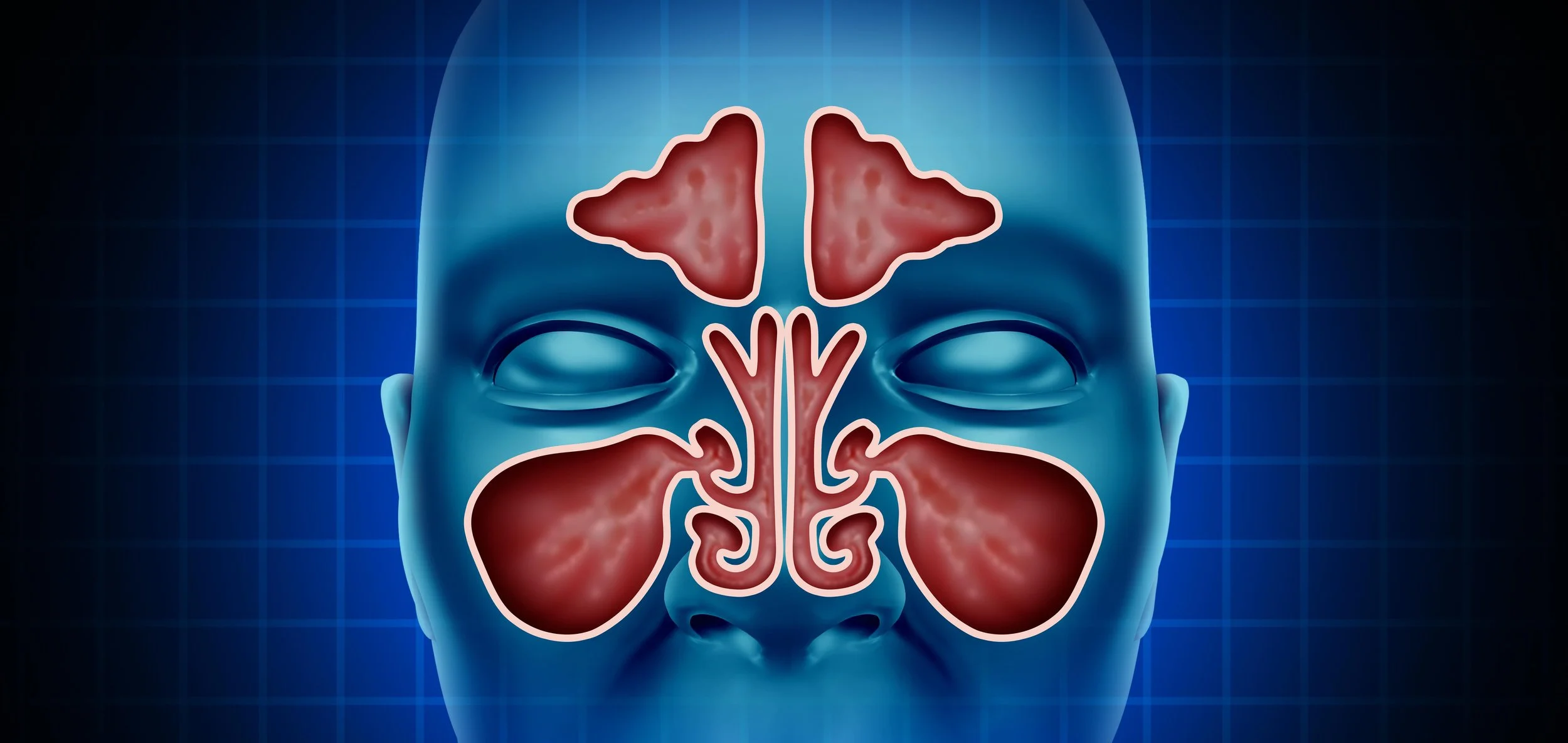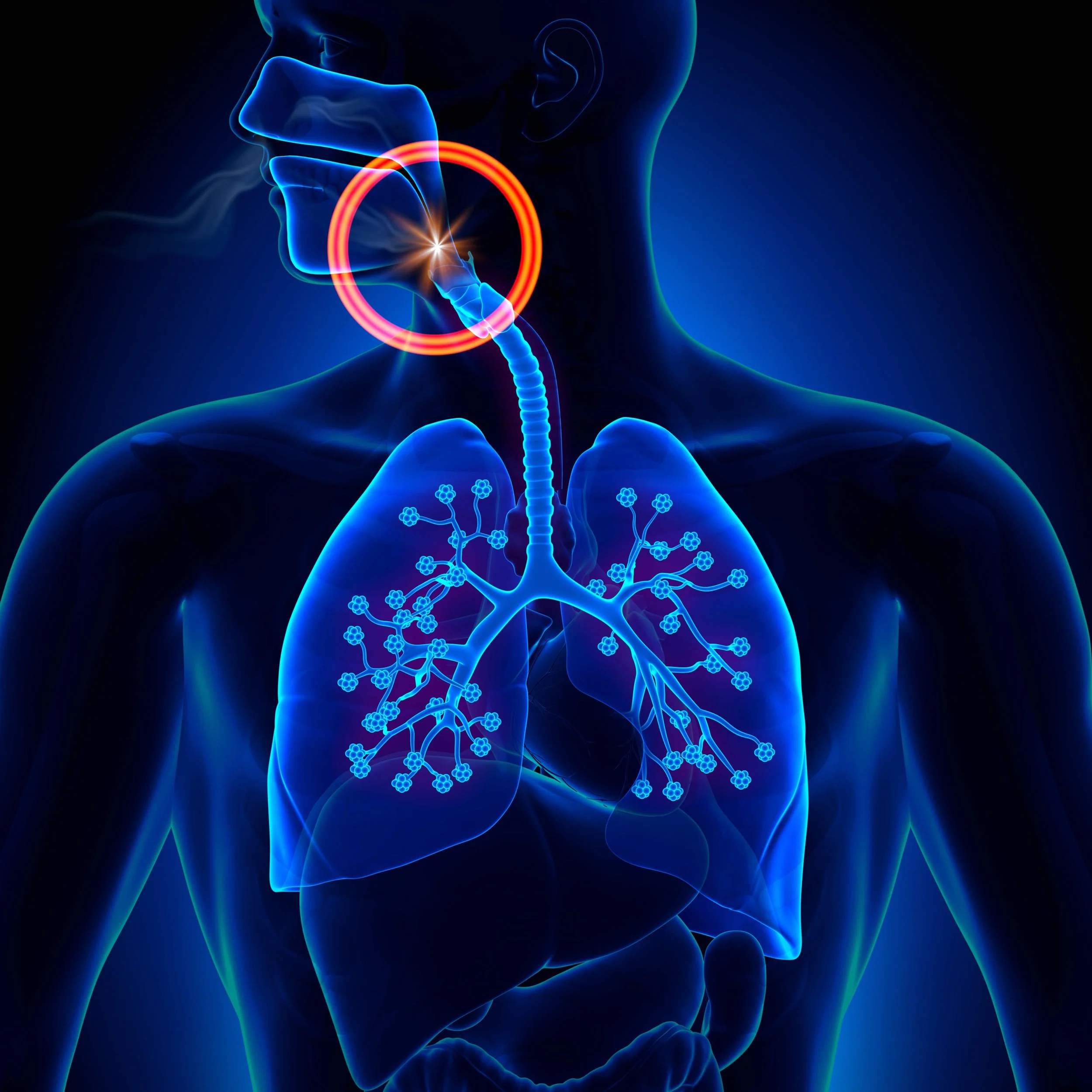
Root Causes of Sleep Apnea
Three Root Causes of Sleep Apnea
Our society’s movement away from breastfeeding and the transition to a diet dominated by softer, processed foods has significantly impacted the development of our skull, sinuses, and airway. These anatomical changes are contributing factors to modern-day health issues, including dental crowding, breathing difficulties, and the rise in sleep disorders like obstructive sleep apnea. By recognizing the impact of diet on facial development, holistic approaches to improving airway health, such as orthopedic/orthotic treatment, myofunctional therapy, and dietary changes, can help address these challenges.
Scientific Research
Research indicates that societal shifts away from breastfeeding and toward diets rich in soft, processed foods have significantly influenced craniofacial development, affecting the skull, sinuses, and airway structures.
Breastfeeding and Craniofacial Development: Breastfeeding plays a crucial role in the proper development of an infant's oral and facial structures. The act of breastfeeding requires the infant to engage in complex sucking motions, promoting the growth and alignment of the jaw and palate. A study published in Pediatrics highlights that breastfeeding is among the factors that help children’s healthy physical and cognitive development.
Soft Diets and Craniofacial Changes: The consumption of soft, processed foods reduces the need for vigorous mastication, leading to underdeveloped masticatory muscles and alterations in craniofacial morphology. Research published in Frontiers in Physiology demonstrates that multi-generational soft diet consumption in mice resulted in significant changes in craniofacial size and shape, including shortened crania and mandibles.
Implications for Airway Development: Alterations in craniofacial structure can impact airway dimensions, potentially contributing to conditions such as obstructive sleep apnea. The narrowing of the upper airway due to underdeveloped jaw structures underscores the importance of breastfeeding and a diet requiring adequate mastication in promoting optimal craniofacial and airway development.
In summary, the decline in breastfeeding practices and the prevalence of soft, processed diets have been linked to significant changes in craniofacial development, affecting the skull, sinuses, and airway structures. These findings highlight the importance of breastfeeding and proper mastication in promoting healthy craniofacial growth.





